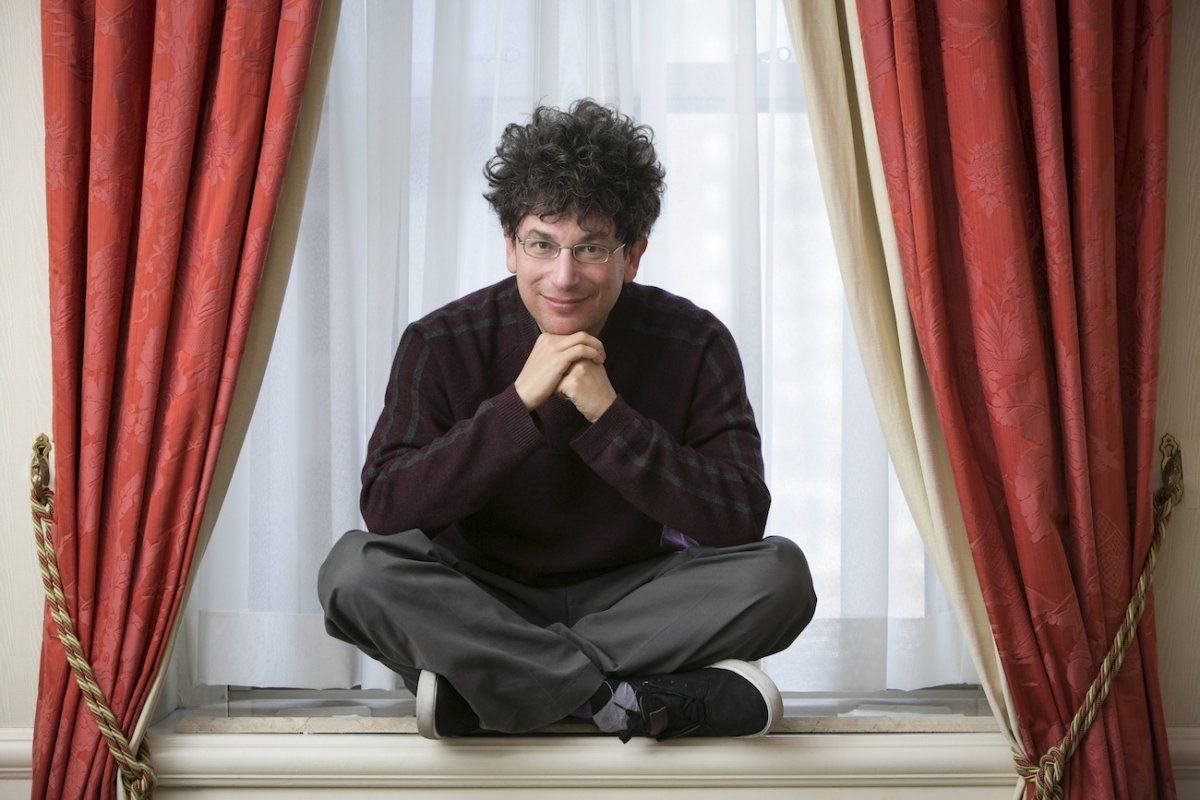Get the latest international news and world events from around the world.


British supermarket offers ‘finger vein’ payment in worldwide first
A UK supermarket has become the first in the world to let shoppers pay for groceries using just the veins in their fingertips.
Customers at the Costcutter store, at Brunel University in London, can now pay using their unique vein pattern to identify themselves.
The firm behind the technology, Sthaler, has said it is in “serious talks” with other major UK supermarkets to adopt hi-tech finger vein scanners at pay points across thousands of stores.


BREAKING: Amazon Will Accept Bitcoin
According to a newsletter from The James Altucher Report, Amazon will soon begin accepting Bitcoin, which they will officially announce as early as October 26th during their earnings conference call.
How Reliable is the Source?

James Altucher has (co)founded more than 20 companies, authored 11 books, and has been a contributor to several major publications.
Transhumanism: Could we live forever? BBC News
Dear all.
Hope you like it! Please make comments. Many tks.
“Let me share a concept of with you. Its focus lies on human enhancement through the exponential technology available, such as: nanotechnology, genetics, AI, in order to lessen people’s suffering, stop aging and ultimately achieve a longer lifespan.” ❤️.
“Cyber-attacks can be more dangerous to the stability of democracies and economies than guns and tanks.” President Jean-Claude Juncker
How can we protect Europeans in digital age? Our proposals:
📌 An EU Cybersecurity Agency to defend us from cyber-attacks.
📌 A European certification scheme to ensure that products and services in the digital world are safe to use.

Scientists create world’s first ‘molecular robot’ capable of building molecules
Scientists at The University of Manchester have created the world’s first ‘molecular robot’ that is capable of performing basic tasks including building other molecules. The tiny robots, which are a millionth of a millimetre in size, can be programmed to move and build molecular cargo, using a tiny robotic arm.
Each individual robot is capable of manipulating a single molecule and is made up of just 150 carbon, hydrogen, oxygen and nitrogen atoms. To put that size into context, a billion billion of these robots piled on top of each other would still only be the same size as a single grain of salt. The robots operate by carrying out chemical reactions in special solutions which can then be controlled and programmed by scientists to perform the basic tasks.
In the future such robots could be used for medical purposes, advanced manufacturing processes and even building molecular factories and assembly lines. The research will be published in Nature on Thursday 21st September.